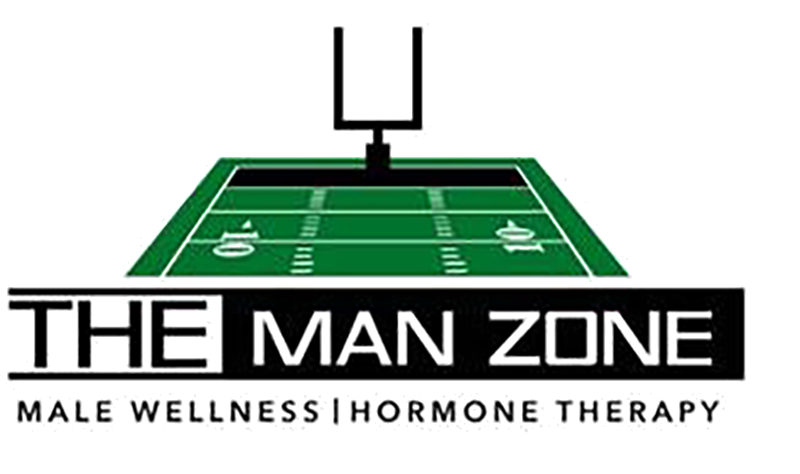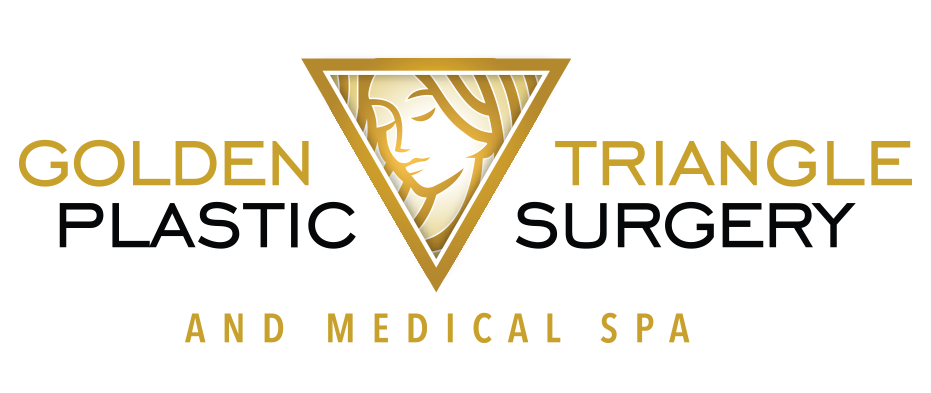
Testosterone levels naturally taper down as we age, and age is not the only event that affects hormones. Unfortunately, when testosterone levels become low or unbalanced, men do not feel as good or strong as they deserve to.
Fortunately, testosterone replacement therapy can help men restore their physical stamina.
What Is a Normal Testosterone Range?
For years, men were told that a normal testosterone range was between 200 and 1000 nanograms (ng) of the hormone per deciliter (nd/dL) of their blood. However, this range is misleading.
This is because a testosterone level that may be expected for a man in his 60s isn’t necessarily healthy for a man in his 20s, even if it falls in that “normal” range. It is very possible for a man in a normal testosterone range to experience symptoms like poor muscle strength, fatigue, and sexual dysfunction.
At the Man Zone™, we want our male patients to feel as healthy and strong as they can, and we are dedicated to identifying the appropriate testosterone level for them based on their age and health.
What Is Testosterone Replacement Therapy?
If low testosterone levels are affecting your health and wellness, our providers will tailor a replacement therapy approach specifically for you.
Weekly injections are used to increase and balance your natural testosterone levels so that you can feel as good as possible.
The goal of testosterone therapy is not to create bodybuilders; it is to enhance your quality of life.
What Symptoms Are Associated With Low Testosterone?
Low testosterone levels can cause the following side effects:
- Fatigue
- Low energy level
- Reduced physical strength/reduced lean muscle mass
- Low sex drive
- Erectile dysfunction
- Low sperm count
- Depression
- Irritability
- Poor focus/trouble concentrating
- Loss of body hair
- Obesity/increased body fat
- Poor memory
*This is not a complete list.
What Are the Causes of Low Testosterone?
Low testosterone can be caused by several reasons:
- The natural aging process (testosterone begins to decrease after the age of 30)
- Congenital conditions
- Loss of or harm to the testicles
- Obesity
- Diabetes
- Drug and opioid use
- Chemotherapy or radiation
- Low thyroid function
*This is not a complete list.
Am I a Candidate for Testosterone Therapy?
If you struggle with any of the above side effects, low testosterone may be responsible. It is important to check your levels to see if you could benefit from testosterone replacement therapy.
When you visit the Man Zone™, our provider will conduct an in-depth medical history involving a medical questionnaire and a blood test to examine your testosterone levels, blood count, estrogen levels, and baseline PSA (prostate-specific antigen).
When we receive the results of this blood test, our providers will make sure that your testosterone is at a level that can be improved.
How Are Testosterone Therapy Treatments Administered?
No two men are the same; therefore, neither are their treatments. If our providers determine that you are a good candidate after your initial blood draw, they will tailor your injections based on your needs and levels.
You will receive your first injection in our Man Zone™ office. This in-office testosterone therapy treatment will not only give you a chance to learn how to inject these shots correctly, but it will also give our providers a chance to examine how you respond to the injection.
Following this, you will be given a prescription for at-home use. While it is possible to return to our offices for weekly injections if you are uncomfortable injecting yourself, most patients choose to perform the injections at home.
How Long Does Testosterone Therapy Take to Work?
While every man responds to testosterone replacement therapy differently, some patients start to feel improvement in less than a week, with most patients experiencing benefits between one and two weeks.
How Often Should Your Testosterone Levels Be Checked?
After starting testosterone therapy, you will be consistently monitored. Patients should expect to return to the Man Zone™ at Golden Triangle Plastic Surgery and Medical Spa after one month and three months. We will repeat the testosterone tests during those appointments to ensure that your testosterone levels are improving and your blood counts are consistent.
You will then check in with us every three to six months (in-office or by phone) and return for a yearly blood test.
How Much Does Testosterone Therapy Cost in San Diego?
The providers at the Man Zone™ tailor your testosterone therapy to your needs, and prices may vary by patient.
You can expect a reasonable monthly fee that includes testosterone shots, monitoring of your blood levels, and our concierge care.
Why Choose the Man Zone™ for Your Testosterone Therapy?
The Man Zone™ at Golden Triangle Plastic Surgery and Medical Spa is designed just for men, giving you the privacy you need and want.
Under the supervision of board-certified plastic surgeon Dr. Roy David, our providers tailor all treatments specifically for our male patients to ensure you receive the personalized and optimal care you deserve.
Testosterone Therapy FAQ
Once you start testosterone therapy, can you stop?
Once starting testosterone therapy, you must maintain your weekly injections to ensure that your levels remain consistent.
Is testosterone therapy safe?
While testosterone replacement therapy is safe, it can raise the red blood count, which — while rare — can be dangerous. This is why we perform routine blood tests to monitor these levels. Blood tests will be performed at one month, three months, and then yearly after starting your testosterone replacement therapy.
Is testosterone replacement therapy covered by insurance?
Insurance companies will likely not cover the expense of your testosterone replacement therapy.
Can testosterone therapy affect sperm count?
In some instances, we will prescribe hCG to men to maintain their sperm count or prevent any other side effects. One of the benefits of choosing the Man Zone™ is that we perform routine examinations and blood tests to ensure that all levels remain stable and optimal for your health.


